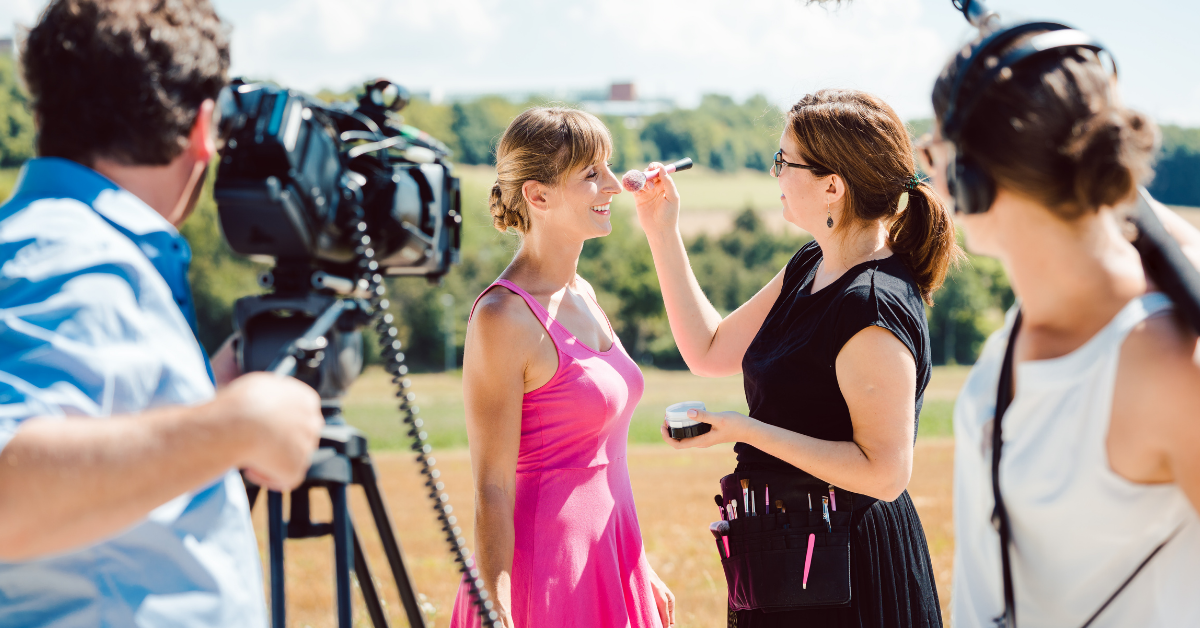
Award-winning series producer and director Ceri Rowlands recently delivered a CV workshop, revealing her top tips to creating a successful CV. It’s scary to think that you may be the perfect candidate for a job but because your CV isn’t formatted correctly, employers will not offer an interview. Luckily, with the right tips and content, your CV is the ticket to your dream job. Remember – a CV should not be more than two sides of a page, so make every word count! Here are some top tips to perfect your CV.
Sell yourself
After including your name and contact details at the top of your CV, write a short paragraph that “briefly summarises who you are.” This introduction can include what your current job or project is, your career objectives, and also emphasise any “higher ambitions” for your future career. Through just three to five sentences, you can immediately grab the employer’s attention by conveying your passion and prove you are the right candidate for the job!
List practical skills
This part is basically where employers see if you tick all the right boxes to fit the job role. When trying to get your foot into the door of film and production, highlight your technical skills. These may include using specific camera equipment, editing software, and sound operators. By listing these key skills, you are demonstrating your “awareness of production.” Also, do not underestimate the importance of stating if you have a “clean driving history.” This information is crucial when applying for roles, such as a runner, as travelling to production locations may be vital to the role. Additionally, providing details of your work experience proves the situations where you have developed your skills and abilities. Don’t forget to always have the job requirements in mind when writing this section! Tweak your experience details to suit the role!
Relate hobbies to the role
While a lot of job applicants may rely on high academic achievements to guarantee them their job, hobbies and interests actually tell the employer useful information! Make a list of what hobbies you enjoy and what interests you the most. Then, identify what skills you have developed through those part-time hobbies. Notice anything? By letting employers know that you volunteer at a children’s drama club, your willingness to give back to the community along with your leadership and teamwork skills are conveyed. This section of your CV should not be an extensive list, however, consider what couple of hobbies have “shaped your career goals” and win over the employer!
Include relevant links
The format and information for a CV in the creative industry is different from standard formats. When applying for production roles, your experience and skills are the key to your interview. Don’t be afraid to also link the employer any short features, showreels, or any other creative project that appropriately shows your talent! Ensure to set up alerts on BBC’s Careers Hub to never miss a fantastic career opportunity in film!
For more top tips on breaking into TV and Film, check out BBC Digital Cities.
